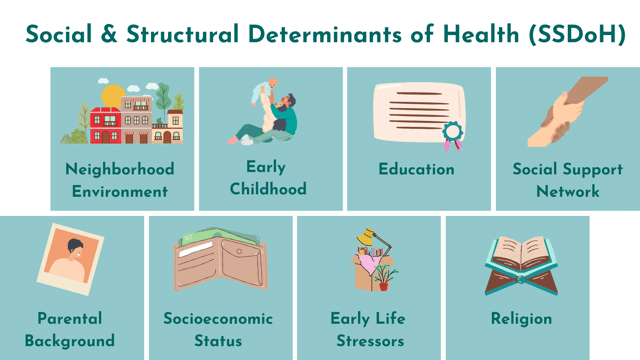The human brain is efficient at storing and retrieving information but how this is accomplished is not well understood. As loss of knowledge can be a major problem in disorders of aging, it is important to understand the procedures underlying the storage and retrieval of knowledge so that we may learn ways to prevent the loss from occurring.
In you are between the ages of 40 and 80, right-handed and have no history of neurologic problems, we invite you to participate in a study of this important question. The study involves a series of computerized and paper and pencil tests assessing different aspects of your knowledge of the world. The tests take approximately 3-5 hours to complete and can be completed in 1 or more sessions at a time of your choosing. The tests are administered near the Penn Memory Center in the Perelman Building or at the Penn Institute for Rehab Medicine (18th and South St, Philadelphia). You will be paid $15/hour for your time and transportation costs will be reimbursed.
If you are interested in participating or wish to learn more about the study, please contact Dr. H. B. Coslett, Professor of Neurology, at (215) 687-7550.






